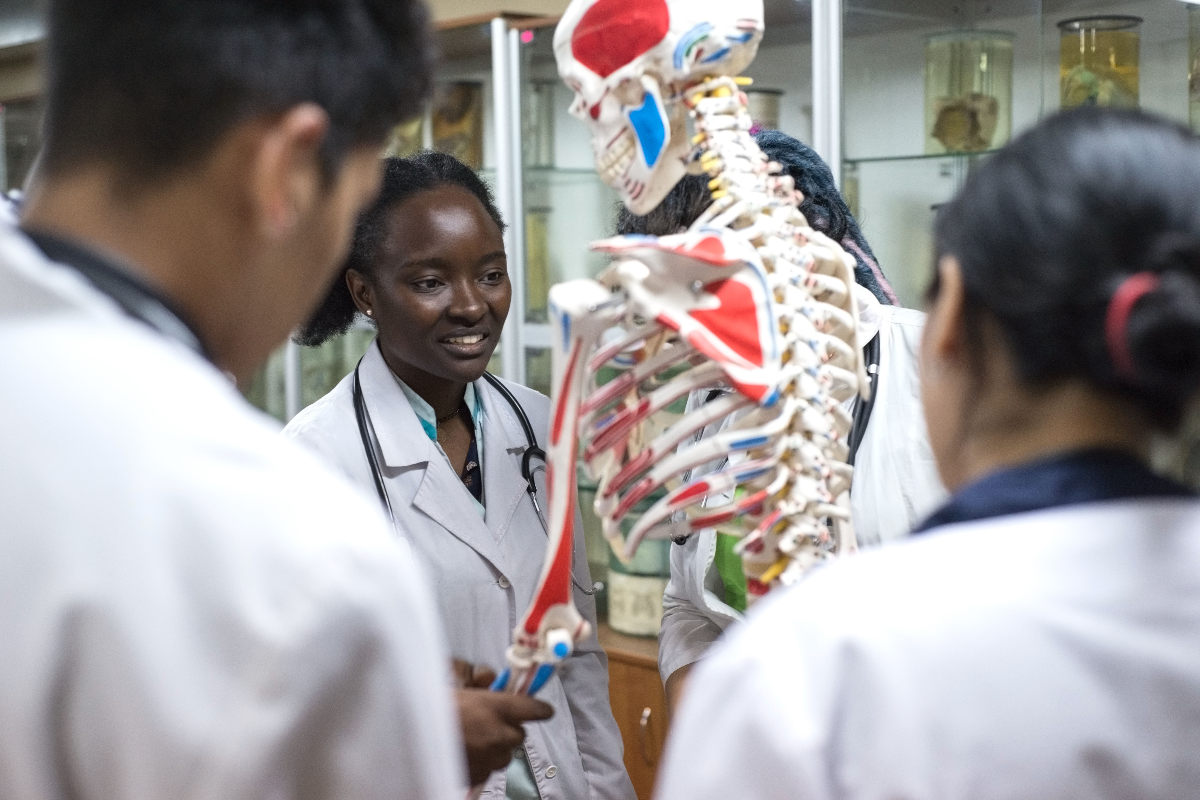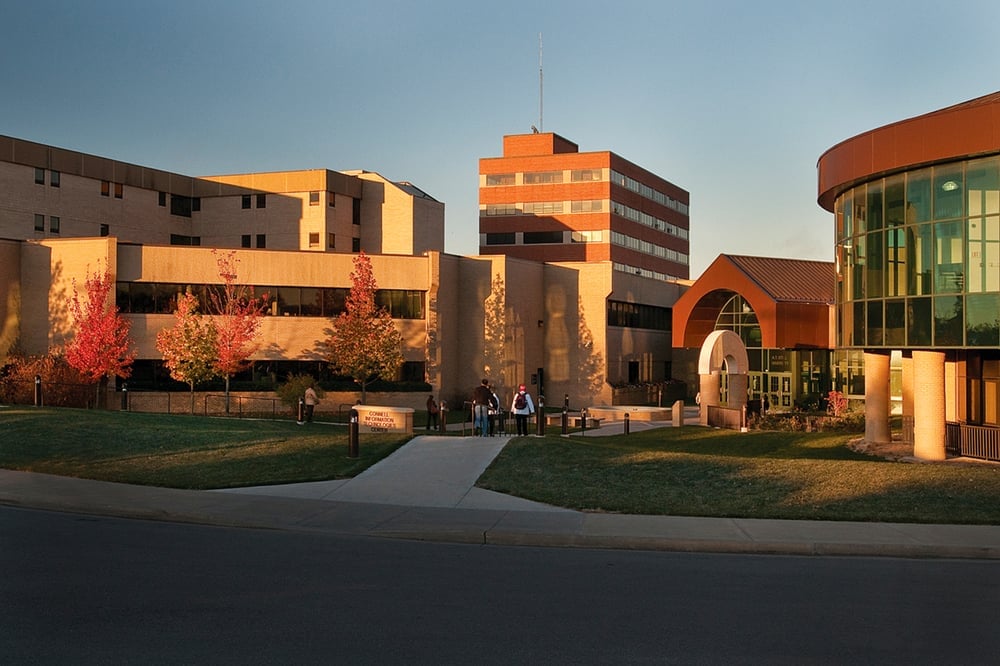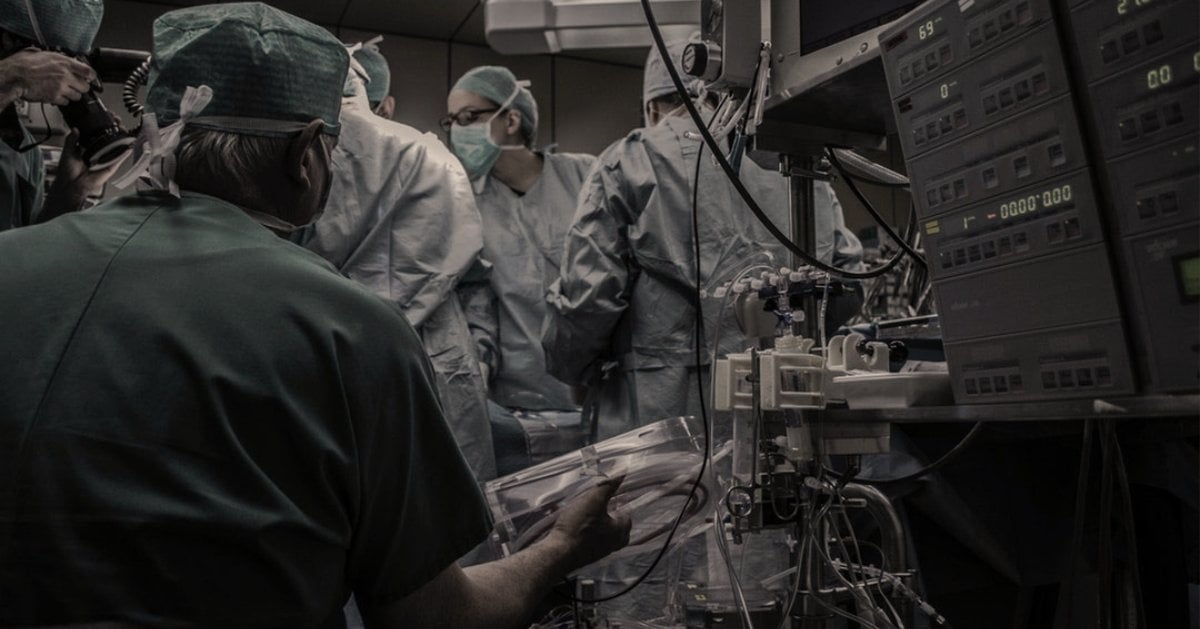They tell you about the studying. They tell you about the long nights. They even start telling you about the lives you’re going to potentially save. In the months leading up to medical school, everyone has something to tell you. The neighbor next door, the relative you’ve never talked to before, even the guy who’s waiting next to you at Starbucks — everyone has some advice, some wisdom, some little token of knowledge to impart upon you as you begin this journey towards becoming a doctor.
Eventually those months turn into weeks and those weeks into days, and Orientation Week somehow finally manages to arrive. Freshly white-coated, you’re ready to take on the world and tackle this beast called medical school only to be swept away by the crashing wave of new advice emanating from nearly every direction — from academic advisers, from trialed and tested second year students, from school administrators, even from your fellow first years who’ve already started studying for board exams that won’t be taken for another four years. So by the end of the first week of school, you’ve accumulated 17 different versions of “the best way to study,” nine different lists of “the books you really need to get,” and five different takes on whether or not going to class is important.
Read more
















